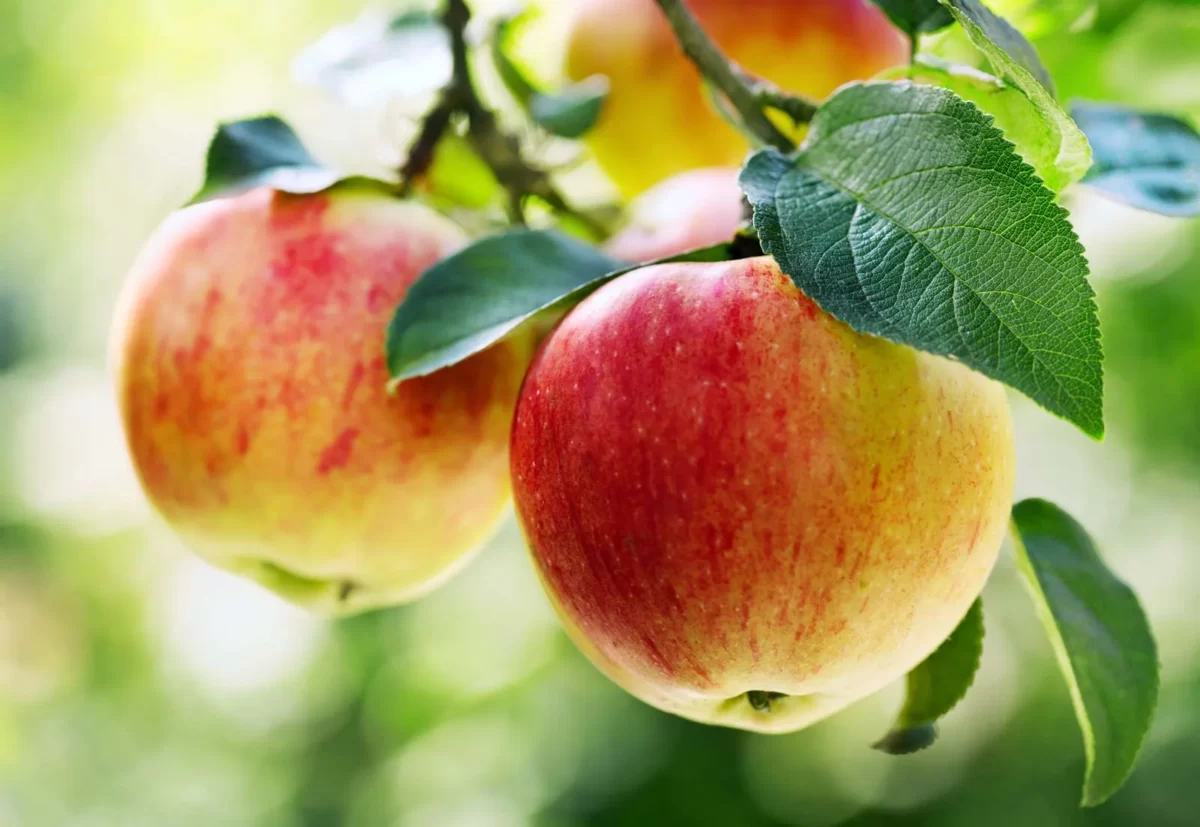MFN duty of 50% and 100% continues to be applicable on US apples and walnuts
Removal of additional retaliatory duties and additional rates for the import of US apples, walnuts and almonds will not result in any negative impact on domestic producers
With the decision to resolve six outstanding World Trade Organisation (WTO) disputes between the US and India through Mutually Agreed Solutions in June 2023, India has withdrawn additional duties on eight US-origin products, including apples, walnuts and almonds vide notification number 53/2023 (Custom).
Additional duties of 20 per cent each on apples and walnuts and Rs 20 per kg on Almonds were imposed on the US’s products in 2019 over and above the Most Favoured Nation (MFN) duty as a retaliation to the US’s state protectionist measure of increasing tariffs on certain steel and Aluminium products. These additional duties imposed by India on US-origin products have been withdrawn as the US agreed to provide market access to Steel and Aluminium products under the exclusion process. There is no reduction on the Most Favoured Nation (MFN) duty on apples, walnuts and almonds, which still applies to all imported products, including US-origin products, at 50 per cent, 100 per cent and Rs 100 per kg, respectively.
Further, DGFT, vide its notification number 05/ 2023 dated 8 May 2023, made an amendment in import policy for Apples under ITC (HS) 08081000 by applying MIP (Minimum Import Price) of Rs 50 per Kg for imports from all countries except Bhutan. Therefore, this MIP will also apply to apples from the US and other countries (excluding Bhutan). This measure would protect against the dumping of low-quality apples and from any predatory pricing in the Indian market.
This measure will not result in any negative impact on domestic apple, walnut and almond producers. Rather, it will result in competition in the premium market segment of apples, walnuts and almonds, thereby ensuring better quality at competitive prices for our Indian consumers. Thus, the US apples, walnuts and almonds would compete on the same level playing field as all other countries.
The market share of the US apples dwindled as other countries benefited from the imposition of additional retaliatory duties on the US apple and walnut imports. This is evident in the increase of apple imports from countries besides the US, from $ 160 million in FY 2018-19 to $ 290 million in FY 2022-23. Turkey, Italy, Chile, Iran, and New Zealand emerged as prominent apple exporters to India, effectively acquiring the market share once held by the US. Similarly, in the case of walnuts, the imports increased from $ 35.11 million in FY 2018-19 to $ 53.95 million in FY 2022-23, and Chile and UAE became the largest exporters to India. In the last three years, the import of almonds has been about 233 thousand MT, while domestic production is only 11 thousand MT, and India is highly dependent on imports. Therefore, the removal of additional duties will now ensure fair competition among the countries which are exporting these products to India.
Removal of additional retaliatory duties and additional




